Yunnan black tea, abbreviated as Dianhong, belongs to the black tea category;
It was created by Han Chinese tea farmers during the Republic of China era;
Produced in the southern and southwestern regions of Yunnan, including Lincang,
Baoshan, Fengqing, Xishuangbanna, and Dehong.
It is made from large-leaf varieties of crushed black tea, with standardized products including leaf tea, broken tea, flake tea, and dust tea, totaling 11 varieties.
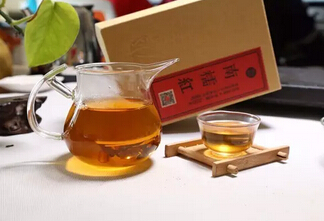
Characteristics of Dianhong:
Its appearance follows specific standards,
with a solid body and even color.
When brewed, the liquor is bright red,
with a prominent golden halo, fresh aroma,
strong and stimulating flavor,
and bright red tea leaves. Even with milk added, the tea retains a strong taste,
appearing brown, pink, or bright ginger-yellow, known for its richness, strength, and freshness.
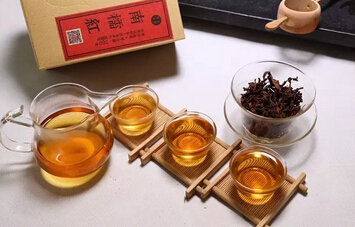
Production process of Dianhong:
Made from high-quality fresh leaves of Yunnan large-leaf tea trees, the tea undergoes withering, rolling or cutting, fermentation, and baking to become the final product.
Advantages of the production area:
Yunnan's terrain features six mountains and five rivers, creating a complex landscape,
with deep valleys and crisscrossing ridges.
This broom-shaped landform and water system
make northwestern Yunnan higher and southeastern Yunnan lower,
blocking the invasion of continental climates from the northwest,
while welcoming warm monsoons from the Indian and
Pacific Oceans.
This results in unique plateau and mountain climates,
with varying temperatures horizontally and vertically.
The tea-growing areas are surrounded by rolling mountains, misty clouds,
streams, abundant rainfall, and fertile soil, mostly red and yellow earth rich in humus, providing ideal natural conditions for tea production.
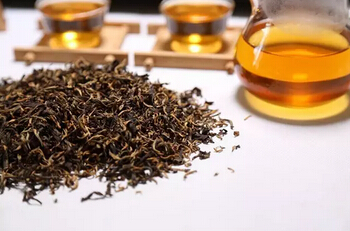
Health benefits of Dianhong:
Diuretic effects: The combined action of caffeine and aromatic substances in black tea increases blood flow to the kidneys, improves glomerular filtration rate, expands renal microvessels, and inhibits water reabsorption in renal tubules, thereby promoting urine production. This helps eliminate lactic acid, uric acid (related to gout), excess salt (related to hypertension), and other harmful substances, as well as alleviating edema caused by heart disease or nephritis.
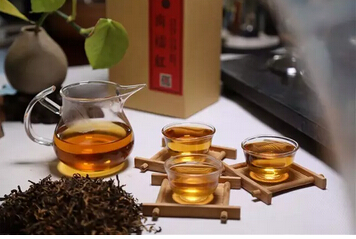
Anti-inflammatory and antibacterial effects: The polyphenols in black tea have anti-inflammatory properties. Experiments show that catechins can bind to single-celled bacteria, causing protein coagulation and precipitation, thereby inhibiting and killing pathogens. Thus, drinking black tea is beneficial for patients with bacterial dysentery or food poisoning, and concentrated tea is often used topically for wounds, bedsores, and athlete's foot.
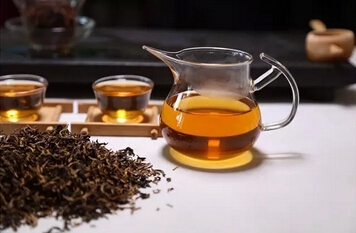
Detoxification effects: Experiments confirm that theophylline in black tea can adsorb heavy metals and alkaloids, precipitating and decomposing them. This is a boon for modern people exposed to industrial pollution in food and water.
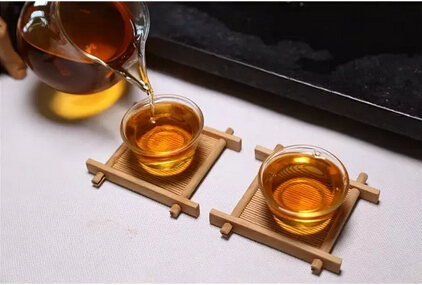
Refreshing and fatigue-relieving effects: Medical experiments show that caffeine in black tea stimulates the cerebral cortex to excite the central nervous system, enhancing alertness, concentration, and memory. It also excites the cardiovascular system, strengthening heartbeats and improving blood circulation for better metabolism. Additionally, it promotes sweating and diuresis, accelerating the excretion of lactic acid (which causes muscle fatigue) and other waste, thereby relieving fatigue.
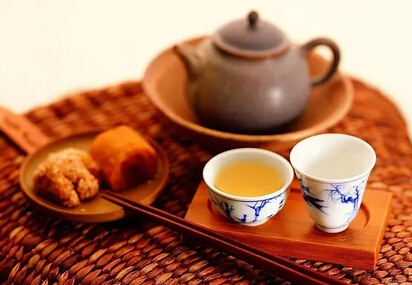
Thirst-quenching and heat-clearing effects: Drinking black tea in summer relieves thirst and heat because polyphenols, sugars, amino acids, and pectin in tea react with saliva, stimulating its secretion and creating a moist, cooling sensation. Meanwhile, caffeine regulates the hypothalamus's temperature center, maintaining body temperature and stimulating the kidneys to expel heat and waste, ensuring physiological balance.
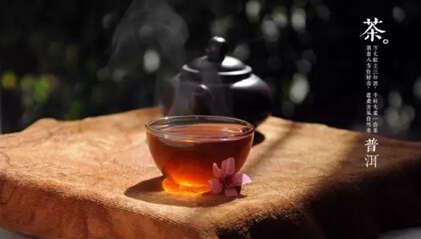
Additionally, Dianhong tea helps prevent cavities, aids digestion, delays aging, lowers blood sugar, blood pressure, and lipids, fights cancer, and reduces radiation damage. The caffeine in tea boosts alertness, encouraging the body to burn fat for energy while preserving glycogen during exercise.